Visit or Call Our Sleep Guide Texas Showrooms
Our Texas Showrooms Are Here To Help With All Your Favorite Online Brands! And We Offer Exclusive Coupons To Save More!
Learn MorePlease note, we are proudly supported by our readers. The product links are referral based and if you purchase an item we make a small commission. For more information please see our disclosure page.
Our site uses cookies to improve your experience, continuing on our site means you agree with our cookie policy Read More
I agree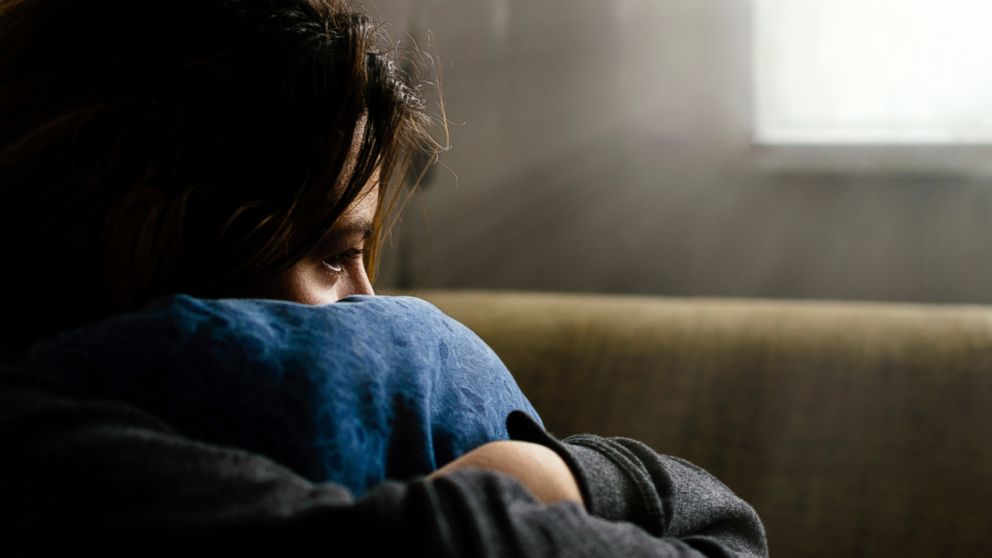
When it comes to the relationship between sleep and depression it can begin to feel like an argument between which came first, the chicken or the egg. If you have unhealthy sleeping habits (too much or too little) it can cause or trigger a bout of depression. While if you are already struggling with depression it can cause you to maintain healthy sleeping habits.
There’s a lot of give and take, and it can feel like a constant battle to get a healthy amount of sleep. We are going to go through some of the different ways depression can effect your sleeping habits and how to get back and maintain a healthy sleep schedule while living with depression.
Learn how to create a Stress Free Morning Routine to ease into your morning.

Oversleeping can also be an issue throughout the day. Feeling excessively tired during school or work hours, making it difficult to focus and achieve your tasks.
We often think about not getting enough sleep. However oversleeping can also cause a number of issues. Visit our page The Negative Impact of Too Much Sleep to learn more about the effects oversleeping can have on your health.
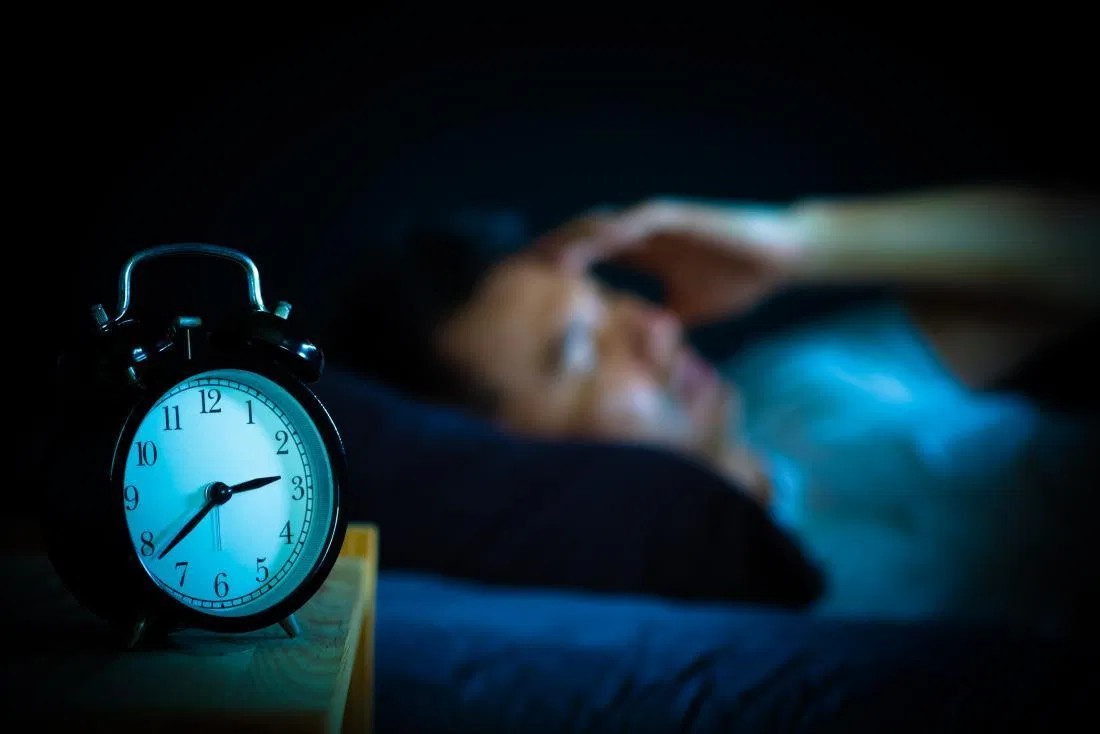
In order for your body to produce melatonin (the hormone your body makes in order to induce sleep) it needs serotonin from your pineal glands. When this is missing, your body struggles to create it’s own melatonin making it very difficult to fall asleep naturally.
Do we really need sleep? Yes, all living things need rest and we are no exception. Read our page The Importance of Sleep to learn more.
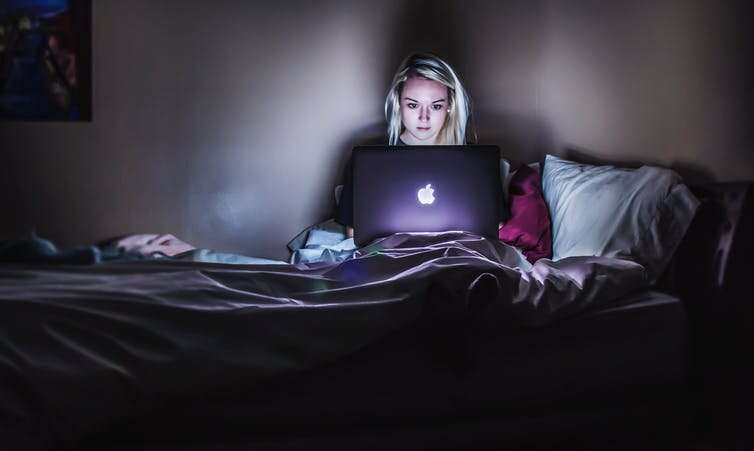
This phenomenon is often referred to as a “multifaceted interplay”. This term refers to the fact that insomnia and depression are so often linked and seem to enhance one another. While you may never be able to discover whether one is the leading issue or the other, thankfully as you treat one or the other they seem to have a positive effect on calming the other down as well.
Curious as to why we sleep in the first place? Then you will enjoy our post The Importance of Sleep – Why We Need It
When your body is not able to create or use melatonin naturally, you can no longer rely solely on your circadian rhythm to regulate your sleep schedule. Instead, it is going to take a bit of extra help regulating your sleep schedule in order to get a healthy amount of sleep every night.
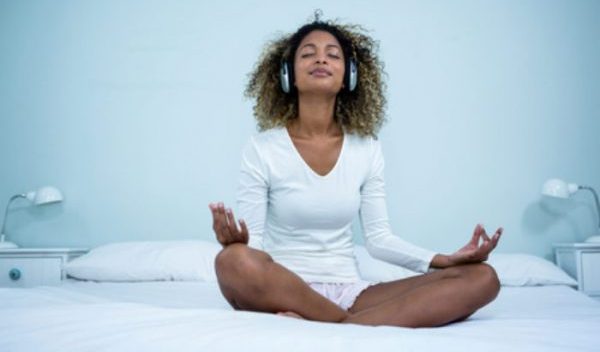
If you travel a lot for work, make sure that this is a routine that you can take on the road with you. Having a really set routine helps tell your brain it is time to rest and gives you enough time to adjust and prepare for a great nights sleep.
We particularly like relaxing meditation right before going to sleep, it is a great way to consciously shut out the outside world and focusing on the positive. You can also take it with you whenever and wherever you go.
Learn how to create a Stress Free Nightly Routine to relax and get to sleep naturally.
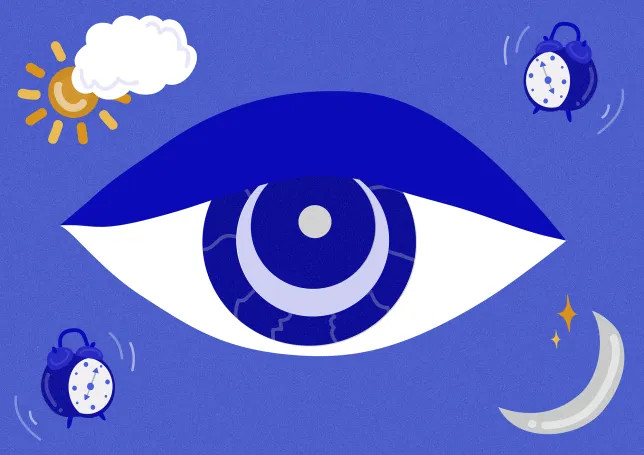
Turn off all electronics and other entertainment and get in bed. Even if the idea of laying in bed without any distractions sounds like a nightmare. Eventually it will help.
Need some help resetting your schedule? Check out our guide How to Fix Your Sleep Schedule.

We suggest looking into melatonin (among many other wonderful natural products). When your body is no longer making it naturally, having a supplement can really help you get to sleep. It also has the benefit of not having any drowsing effects or hangovers the next day like some sleeping pills have.
Be sure to ask your doctor before taking any supplements to ensure that they are safe to use with any medications you’re on.
Head to Natural Sleep Aid Guide to read about some of our other favorite natural sleep aids.

Alcohol increases symptoms of depression and can make all of the other symptoms caused by depression even worse. Including ruining the quality of the little sleep you are getting. So do yourself a favor and limit or totally cut out alcohol and caffeine from your diet.
Learn more about how alcohol can effect your sleep schedule in our post Why Alcohol and Sleep Don’t Mix.
Wanting to cut out Caffeine? Head over to our post Caffeine Free: The Benefits of Quitting Caffeine
Keep a journal by your bed and write down when you’re heading to bed, what time you get up, how you are feeling when you go to sleep and how you are feeling as you wake up. You can also use this as a way to track your dreams if you like. This can be a great tool to take with you to your doctor so you can bring them data on your sleeping habits.

The truly amazing thing about exercise is that ” it (exercise) supports nerve cell growth in the hippocampus, improving nerve cell connections, which helps relieve depression,” – Dr. Michael Craig Miller, assistant professor of psychiatry at Harvard Medical School.
Learn more about how exercise can improve your sleeping habits at Exercise & Sleep
Just like nearly everything in health, when one part of your health is struggling it has an effect on many other parts of your health. Sleep and depression are closely related and seem to have quite the effect on each other. We hope some of our tips help you to get some relief you need. It is possible to get the sleep you need and by doing so it will be easier to manage your depression as well. We always suggest talking to your doctor before taking any supplements or making any big life changes. Hopefully some of your tips help you to get the sleep you deserve.

You may also like: The Benefits of Weighted Blankets.
Have more questions for us? Reach out the our page Contact Us to send us a message and we will try to help in anyway we can.
Our Texas Showrooms Are Here To Help With All Your Favorite Online Brands! And We Offer Exclusive Coupons To Save More!
Learn More
